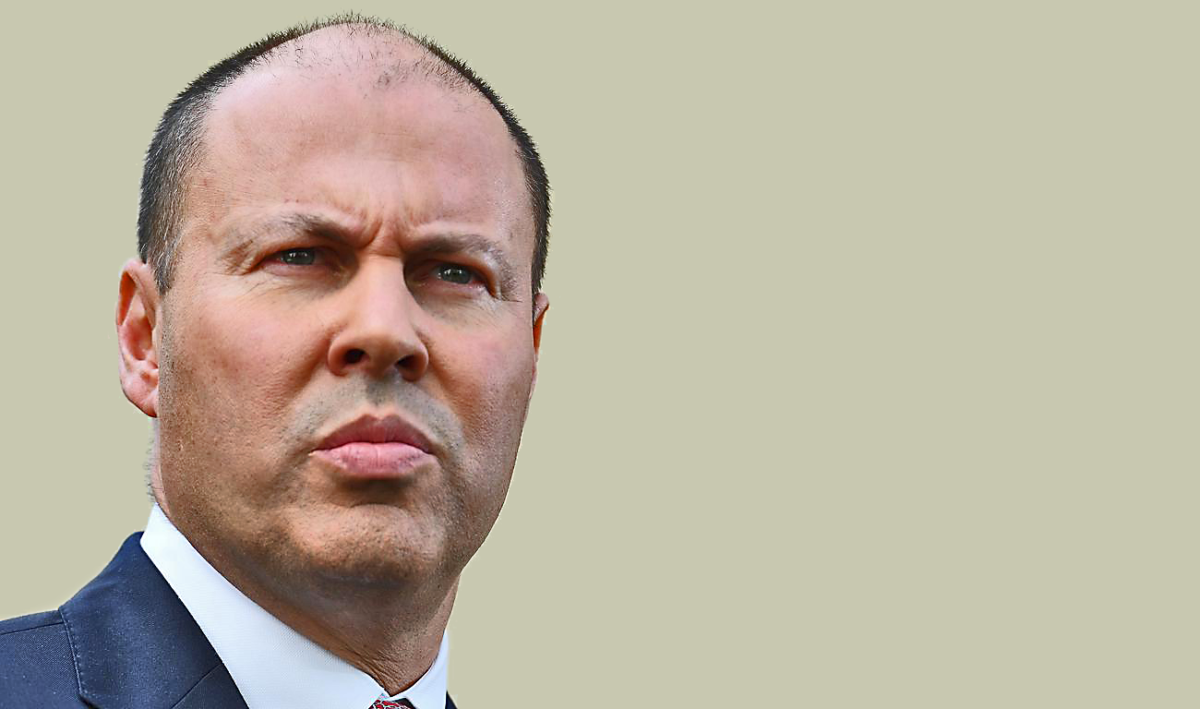Big super gets its Russia marching orders, but selling isn’t simple
Plenty of big super funds have announced their intention to dump their Russian assets, and the government wants them to. But saying do svidanya is harder than they thought.
From a certain angle, there’s a lot of Russia in the super system. Once ruled by unapologetic socialists, they’ve both become capitalistic in the aftermath of market liberalisation, and are constantly excoriated by outside powers for the apparent vested interests that exist within them (unions in super, the mafia in Russia – basically the same thing to the LNP).
What there isn’t a lot of in the super system is Russian assets. Still, it’s the expectation of Treasurer Josh Frydenberg and senator Jane Hume that funds should dump them, post haste. This is to be “a clear and unequivocal signal” to Russia that invading Ukraine was a bad move, and is in lockstep with other Western countries that have done the same. Australian Retirement Trust, and a handful of other funds, have said they’ll get rid of their Russian assets.
The only problem will be actually getting rid of their Russian assets. The Moscow exchange is shuttered, and might well stay that way for some time (along with the rest of the country, if rumblings about martial law are to be believed – we’ll see). Russia is currently locked out of the SWIFT system – something that others have noted is mostly symbolic, given it has little to do with payment execution – but some have raised the possibility that Russia will prevent foreign money leaving the country anyway. Authorities have banned local brokers from selling securities owned by foreign investors, though this ban may yet be lifted.
So even if you were able to sell the assets – which you can’t – you might not be able to get the money. That’s unless Putin executes an abrupt about-face and withdraws from Ukraine, after which sanctions might be lifted and the world might return to some semblance of normality. But there’s Hamlet for that: I am in blood/Stepped in so far, that, should I wade no more,/Returning were as tedious as go o’er. Why stop now?
All of this raises another question: should funds have been in Russia at all? Many holdings will be as a result of index exposure, but there’s been plenty of noise from the ESG crowd in recent days about the dangers of investing in a belligerent foreign power. This of course falls into the ‘S’ part of that initialism, which tends to be weighted more towards personal ethics – in this case, whether you think a government that discourages protest at gunpoint or launches unilateral invasions of independent states is bad or not (somewhat tricky, when there are plenty of Western stalwarts of democracy that do the same).
The problem here is similar to that of those big investments in Chinese tech companies made by certain controversial Australian fund managers. In that case, they were blinded to the fact that China has historically discouraged billionaires from being more popular than the government and increased their investment beyond what some might consider prudent. Therein lies the difference: risk. As already noted, super funds have invested only miniscule amounts of their assets under management in Russia. Russia only accounts for very small parts of emerging markets benchmarks (the MSCI has now kicked them into standalone markets instead).
APRA has also gotten in on the action, saying it won’t act against funds for selling down their Russia exposures. It’s an odd statement from APRA, given that it isn’t the regulator’s job to overlay values but to ensure that participants are appropriately managing risks. Trying to sell out of imprudently large positions after a financial iron curtain has slammed shut probably wouldn’t be appropriately managing risks. Limiting position sizes – which many funds appear to have done, for various financial and non-financial reasons – would be.
APRA’s efforts here will, or should, mainly be backward looking; how did trustees think about their Russia exposures before the war? What risks did they identify, and how did they plan on handling them? That will likely inform future guidance on investing in an increasingly multi-polar world, where the specter of a clash over Taiwan now hovers in the background of global affairs – and big super’s increasing interest in the Chinese domestic market.











